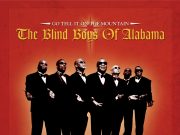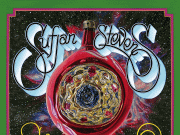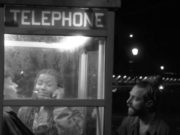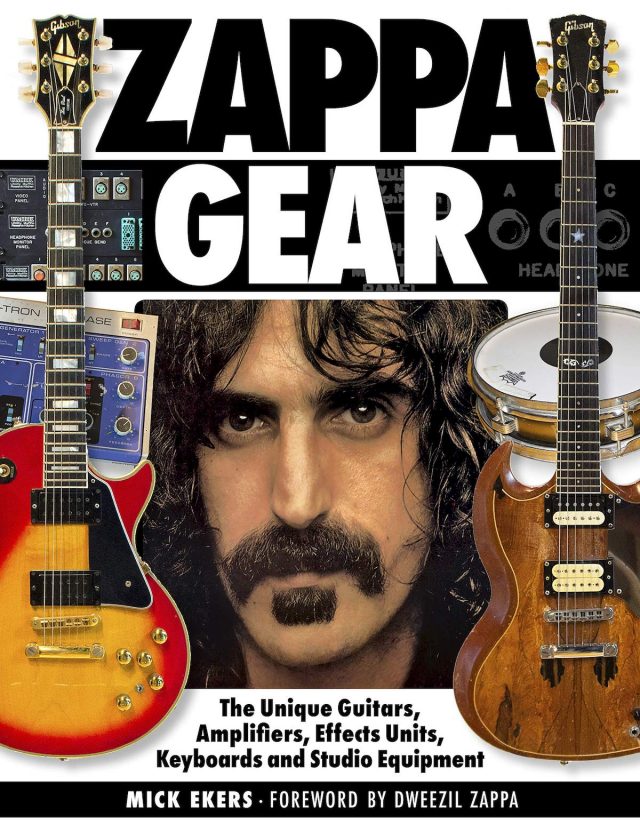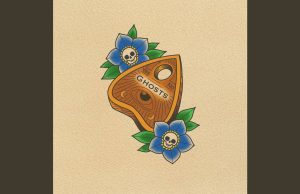Still haven’t found a book for that music fan on your Christmas list? You have a few last-minute options to consider. Namely these:
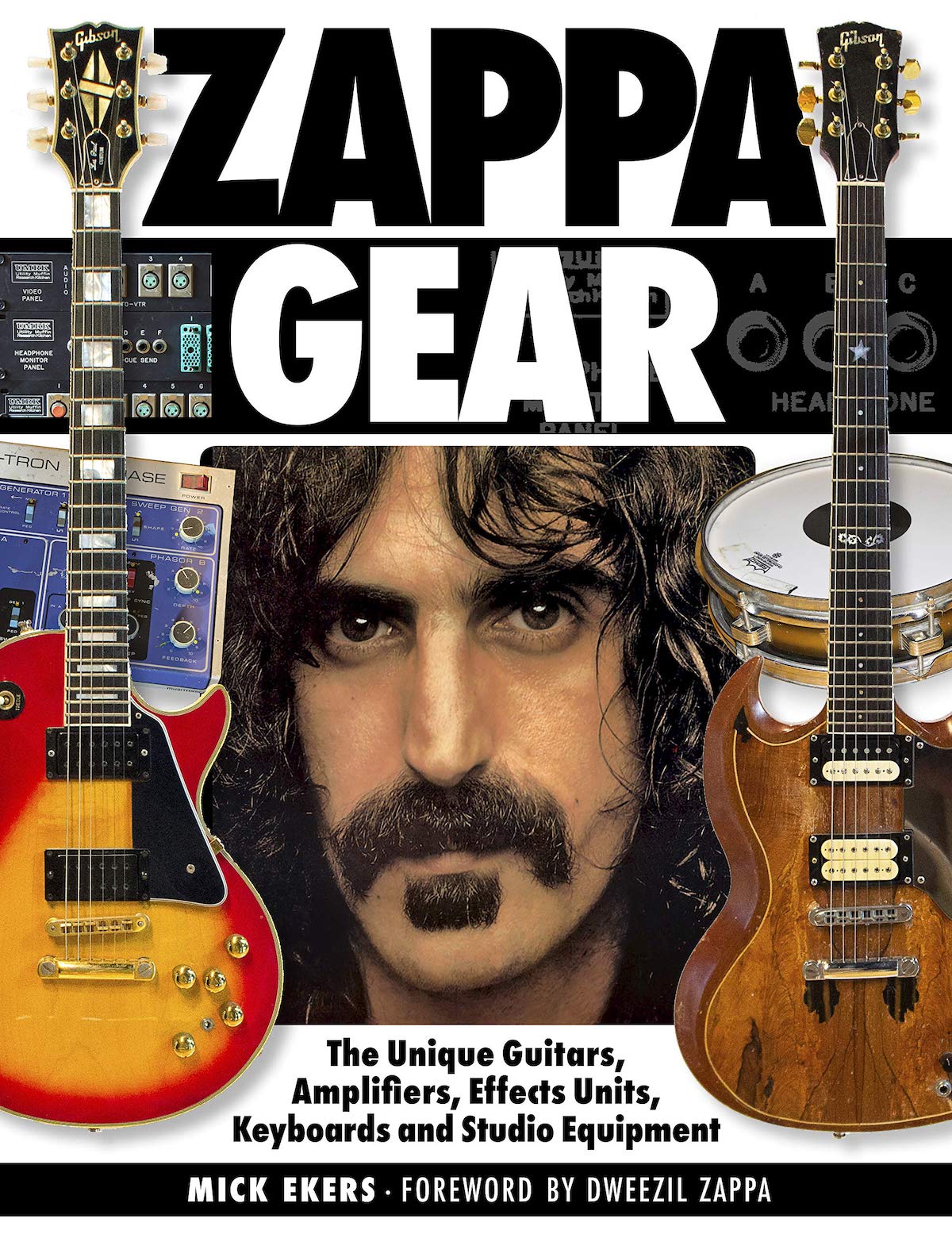 Zappa Gear: The Unique Guitars, Amplifiers, Effects Units, Keyboards and Studio Equipment
Zappa Gear: The Unique Guitars, Amplifiers, Effects Units, Keyboards and Studio Equipment
By Mick Ekers
THE PRESS RELEASE: “Frank Zappa was an unremitting musical innovator and experimenter, always looking for ways to exploit the latest advances in technology. His working life coincided with the explosive development of music technology that ran from the 1960s through the following three decades. Without such inventions as the Marshall amplifier, the Gibson SG, the wah-wah pedal, and the Synclavier – much of it modified to his requirements and used in ways for which they had never been designed – Zappa’s “air sculptures ” as his music has been described, would have had a significantly different shape and texture. Lavishly illustrated – including over 180 unique photographs of Frank Zappa’s guitars and equipment taken by the author at his UMRK studio in LA and featuring a foreword by Dweezil Zappa – Zappa Gear offers an unprecedented inside look at the machinery behind the legendary music. In addition to a detailed presentation of the equipment, Zappa Gear also introduces some of the pioneering inventors, engineers, and entrepreneurs without whom the instruments would not exist.”
 Dangerous Melodies: Classical Music in America from the Great War through the Cold War
Dangerous Melodies: Classical Music in America from the Great War through the Cold War
By Jonathan Rosenberg
THE PRESS RELEASE: “Dangerous Melodies vividly evokes a time when classical music stood at the center of twentieth-century American life, occupying a prominent place in the nation’s culture and politics. The work of renowned conductors, instrumentalists, and singers—and the activities of orchestras and opera companies—were intertwined with momentous international events, especially the two world wars and the long Cold War. Jonathan Rosenberg exposes the politics behind classical music, showing how German musicians were dismissed or imprisoned during World War I, while numerous German compositions were swept from American auditoriums. He writes of the accompanying impassioned protests, some of which verged on riots, by soldiers and ordinary citizens. Yet, during World War II, those same compositions were no longer part of the political discussion, while Russian music, especially Shostakovich’s, was used as a tool to strengthen the US-Soviet alliance. During the Cold War, accusations of communism were leveled against members of the American music community, while the State Department sent symphony orchestras to play around the world, even performing behind the Iron Curtain.”
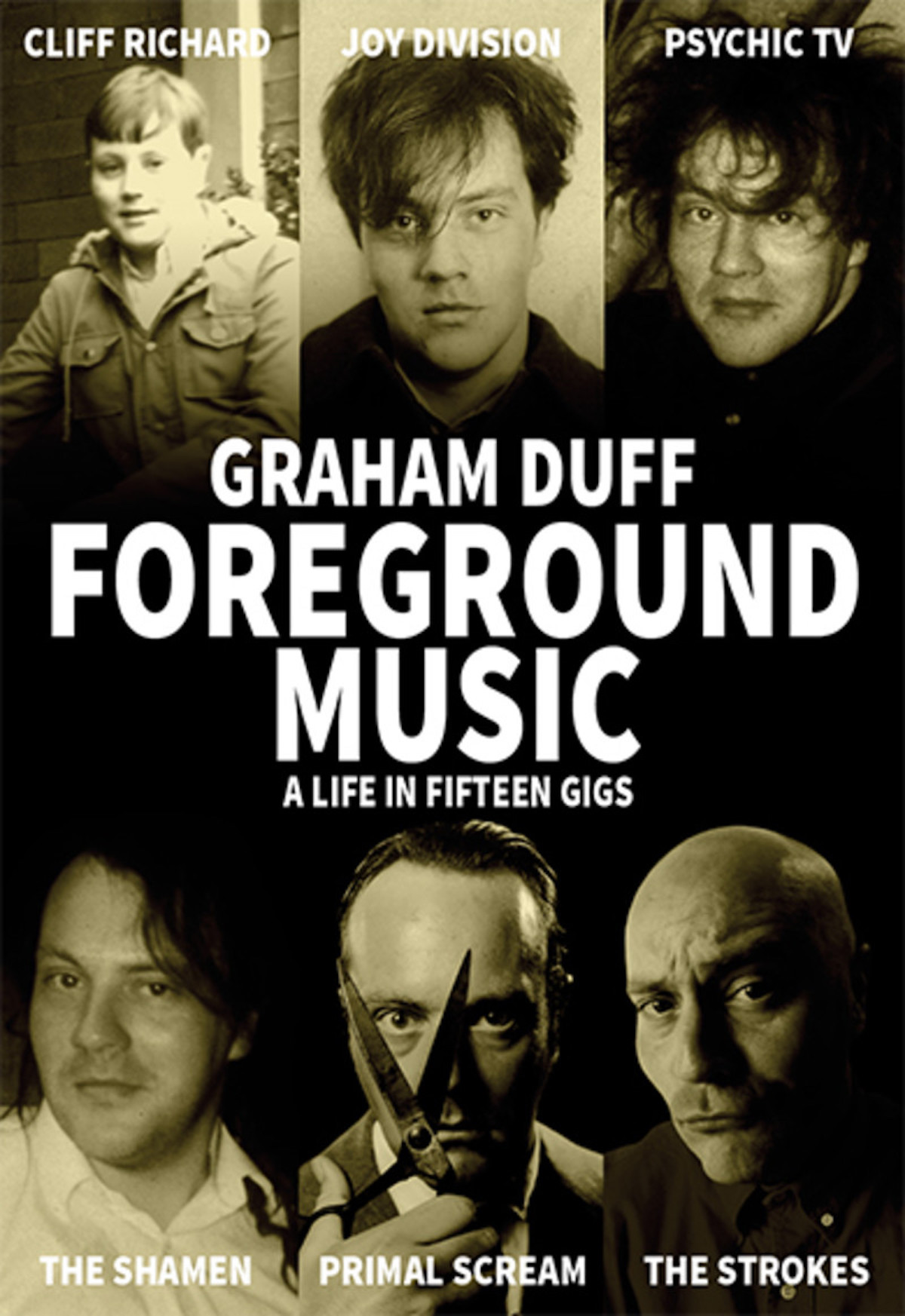 Foreground Music: A Life in Fifteen Gigs
Foreground Music: A Life in Fifteen Gigs
By Graham Duff
THE PRESS RELEASE: “The result of a lifetime’s passion for gig-going by one of British television’s most respected writers, Foreground Music is at once enthusiastically detailed and tremendously illuminating―of both the concert moment and its place in popular culture. It is an engaging memoir of a life lived to the fullest, and a vivid, insightful, and humorous exploration of what music writing might be. Foreground Music describes music performances that range from a Cliff Richard gospel concert, attended by Graham Duff at the age of ten, to the fourteen-year-old Duff’s first rock show, where The Jam played so loudly he blacks out, to a Joy Division gig that erupted into a full-scale riot. Duff goes on pub crawls with Mark E. Smith of The Fall, convinces Paul Weller to undertake his first acting role, and attempts to interview Genesis P. Orridge of Throbbing Gristle while tripping on LSD.”
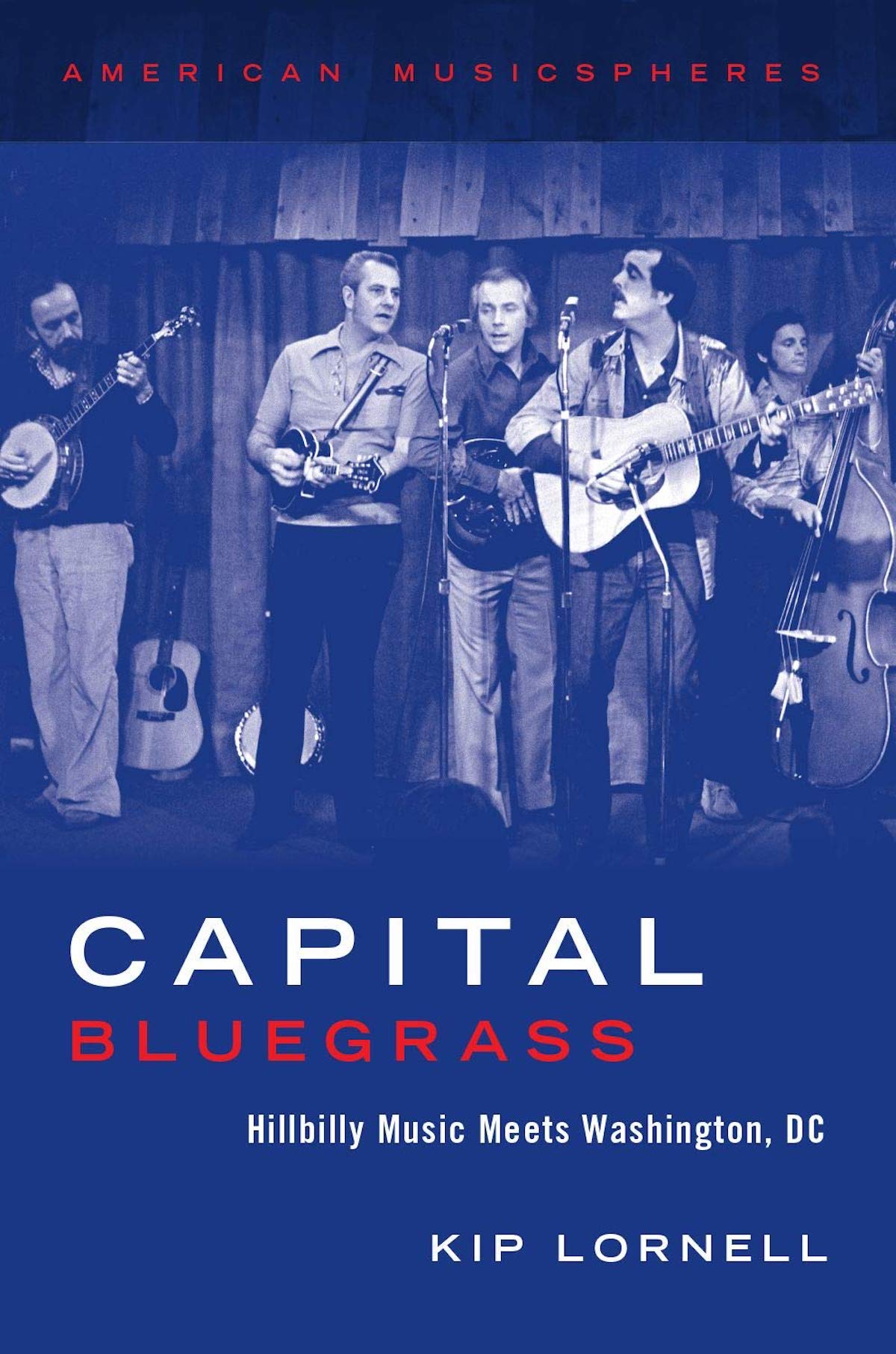 Capital Bluegrass: Hillbilly Music Meets Washington, D.C.
Capital Bluegrass: Hillbilly Music Meets Washington, D.C.
By Kip Lornell
THE PRESS RELEASE: “With its rich but underappreciated musical heritage, Washington, D.C. is often overlooked as a cradle for punk, the birthplace of go go, and as the urban center for bluegrass in the Untied States. Capital Bluegrass: Hillbilly Music Meets Washington, D.C. richly documents the history and development of bluegrass in and around the nation’s capital since it emerged in the 1950s. In his seventeenth book, American vernacular music scholar Kip Lornell discusses both well-known progressive bluegrass bands including the Country Gentlemen and The Seldom Scene, and lesser known groups like the Happy Melody Boys, Benny and Vallie Cain and the Country Clan, and Foggy Bottom. Lornell focuses on colorful figures such as the brilliant and eccentric mandolin player Buzz Busby, and Connie B. Gay, who helped found the Country Music Association in Nashville. Moving beyond the musicians to the institutions that were central to the development of the genre, Lornell brings the reader into the nationally recognized Birchmere Music Hall, and tunes in to NPR powerhouse WAMU-FM, which for five decades broadcast as much as 40 hours a week of bluegrass programming.”
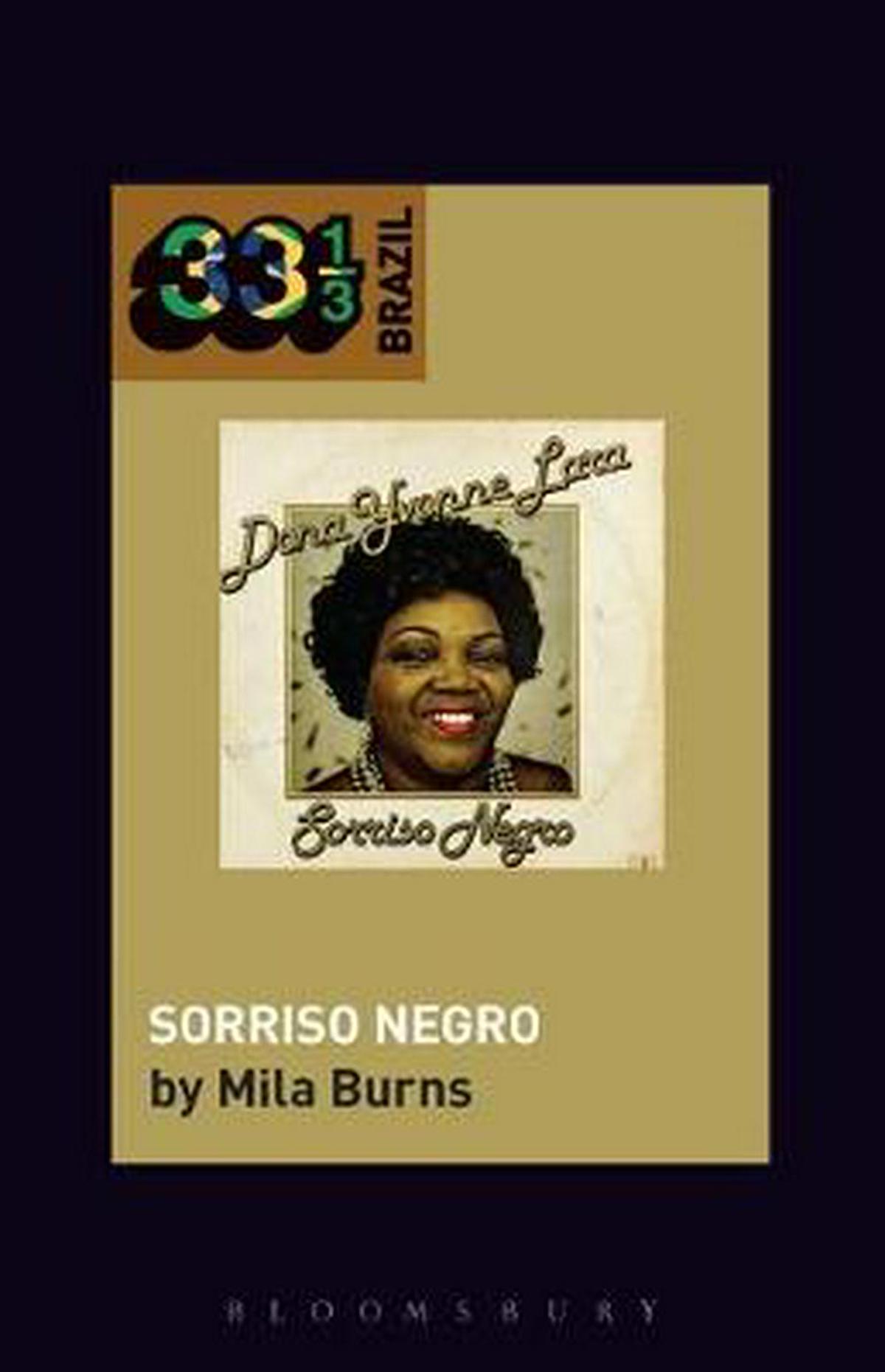 Dona Ivone Lara’s Sorriso Negro (33 1/3 Brazil)
Dona Ivone Lara’s Sorriso Negro (33 1/3 Brazil)
By Mila Burns
THE PRESS RELEASE: “More than simply a paragon of Brazilian samba, Dona (Lady) Ivone Lara’s 1981 Sorriso Negro (translated to Black Smile) is an album deeply embedded in the political and social tensions of its time. Released less than two years after the Brazilian military dictatorship approved the Lei de Anistia (the “Opening” that put Brazil on a path toward democratic governance), Sorriso Negro reflects the seminal shifts occurring within Brazilian society as former exiles reinforced notions of civil rights and feminist thought in a nation under the iron hand of a military dictatorship that had been in place since 1964. By looking at one of the most important samba albums ever recorded (and one that also happened to be authored by a black woman), Mila Burns explores the pathbreaking career of Dona Ivone Lara, tracing the ways in which she navigated the tense gender and race relations of the samba universe to ultimately conquer the masculine world of samba composers.”








